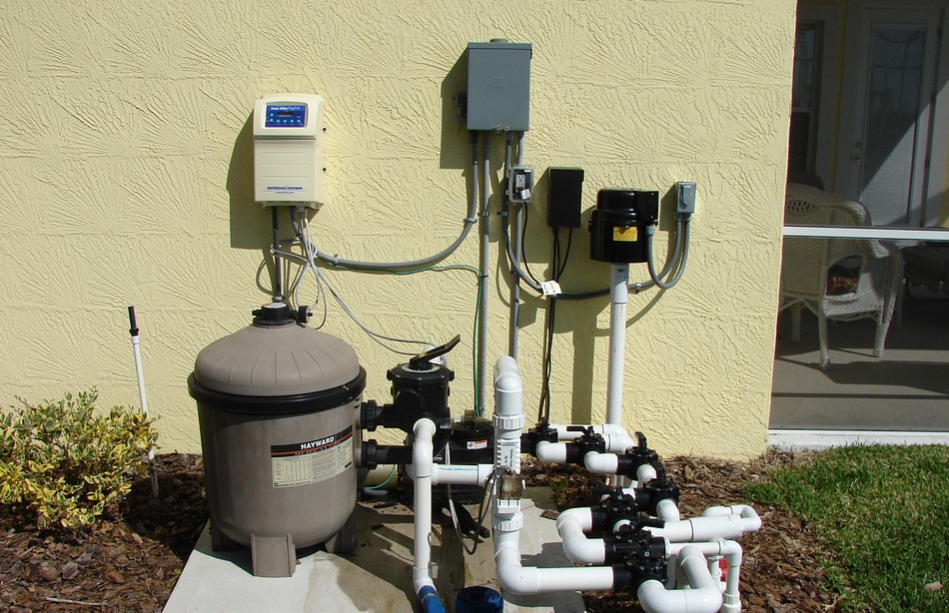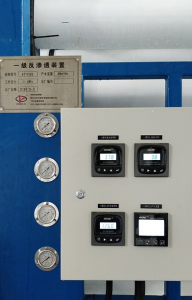
Understanding How Water Filters Work
Homeowners might understand well the importance of water filters. This technology is considered the most crucial one since it can provide you with the best water at home, especially drinking water needs. As most people have already understood, water is vital to our body. In this case, you would not want to risk your loved ones to consume water that might harm their health. Hence, this water filter technology should be the most item to have at home. You can check out TFOT to get a better grasp of the significance of water filters.
Meanwhile, this article will find some more interesting facts regarding water filter technology. More importantly, this article will dig more into the process and how each of them works. Since all of the technologies work differently, let’s try to review them based on their system. This way, you can be sure which one is best for your home for the sake of your family’s safety.
Distillation
 Distillation is considered to be the oldest type of water heater. However, you can still find this water filter technology in the market. It happens because many always recommend this technology for its significant mineral removal, although some people might not fond of the taste. Another thing about this technology is its big and bulky appearance. It means that it needs to be cleaned thoroughly while only providing a little bit of H20 at a time. They are also expensive and waste electricity, but that’s how they work. You put tap water in the container, which can be boiled until it evaporates. The steam passes through the heating pipe and melts in the collection tank at the opposite end.
Distillation is considered to be the oldest type of water heater. However, you can still find this water filter technology in the market. It happens because many always recommend this technology for its significant mineral removal, although some people might not fond of the taste. Another thing about this technology is its big and bulky appearance. It means that it needs to be cleaned thoroughly while only providing a little bit of H20 at a time. They are also expensive and waste electricity, but that’s how they work. You put tap water in the container, which can be boiled until it evaporates. The steam passes through the heating pipe and melts in the collection tank at the opposite end.
Reverse Osmosis (OS)
 Reverse osmosis is undoubtedly the most expensive type of water filter in the house. They are useless for publicly treated water. They are sometimes suggested for cyst removal, but cheaper and better options are available today.
Reverse osmosis is undoubtedly the most expensive type of water filter in the house. They are useless for publicly treated water. They are sometimes suggested for cyst removal, but cheaper and better options are available today.
This reverse osmosis technology works by filtering the fluids in a porous membrane. This process would then eliminate anything larger than the pores and let the smaller fluids to go through. The thing to be highlighted is neither reverse osmosis purification will remove chemical impurities, although they will still remove minerals.
GAC & Carbon Blocks
Granular Activated Carbon or GACs is probably the most well-known water filter technology for every homeowner. This technology helps to remove chlorine and some other chemicals, but granules are not the perfect alternative. In this case, the technology has to apply the dual-stage filter involving the carbon blocks to eliminate more chemicals in publicly treated water.
The way they work is relatively straightforward. When the water is going through the granules and the carbon blocks, the water would be clear from the chemical contamination as it is left in the carbon blocks. This way, this technology can improve the taste, smell, and safety of the water you drink.
Ion Exchange
Ion exchange is considered to be the advancement of water filter technology. The exciting part of …




